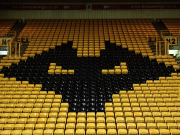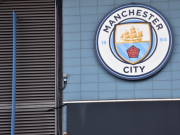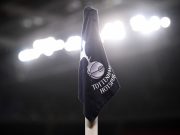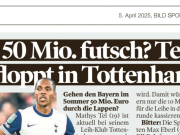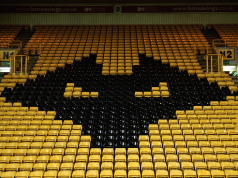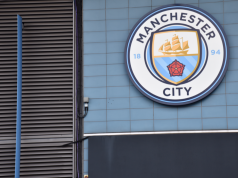Manchester United chased Barcelona’s Frenkie de Jong for most of the summer transfer window before bolstering their midfield by signing Casemiro from Real Madrid on August 19th.
The Red Devils had agreed a deal with the La Liga side for the 25-year-old, but he wasn’t in favour of joining them.
De Jong was firm in his desire to continue at the Camp Nou. Two months ago, the ex-Ajax man insisted he was calm amid Manchester United’s attempts to secure his services.
Mundo Deportivo have published an interview with Barca sporting director Jordi Cruyff on Thursday, during which he was asked whether the Catalan club were ‘very aggressive’ when trying to get rid of the Dutchman after Erik ten Hag’s side made an offer in the summer.
Cruyff said: “Sometimes it’s not a football issue, it’s a set of things. First, to say that only good players receive important offers. That also means that he is a valued player in the market. It is also a compliment to him because not everyone can say that everyone loves him.
“Second, it was all prior to the solutions that were achieved, to the ‘levers’, and in the club the financial situation and ‘fair play’ often forces you to think in a way that is not always preferable to football.
“In the end there are many things. It is also true that football is moments. There is a time when it was one thing and now you look at Frenkie and, before the World Cup, he ended up being a player in very good shape and being important to the team and with the confidence of the coach, who has made him a starter. Football always has moments.”
The Netherlands international’s decision to snub Manchester United has paid off as he’s made 17 appearances in all competitions this season, which includes 11 starts.
When Cruyff was asked whether it’s a priority for Barcelona to tie De Jong to a new deal, he said: “Those are very personal issues. Also, it’s not that we now think he’s better than six months or a year ago, he’s always been a good player and only good players have offers and interest from big teams.
“What sometimes happens is that with the ‘fair play’ situation there is a big problem. And one of the problems we have is that, since people don’t understand ‘fair play’ regulations very well, let’s say we quickly dream of signing this one and the other leaves, but it doesn’t work like that.
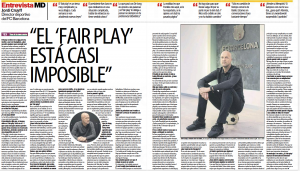 “Here you have to fit the numbers, balance things and sometimes you have to make decisions that you don’t want to make. And I’m not talking about Frenkie anymore but in general. You have to try to comply with the ‘fair play’ that is tougher than in any other league in Europe.”
“Here you have to fit the numbers, balance things and sometimes you have to make decisions that you don’t want to make. And I’m not talking about Frenkie anymore but in general. You have to try to comply with the ‘fair play’ that is tougher than in any other league in Europe.”







